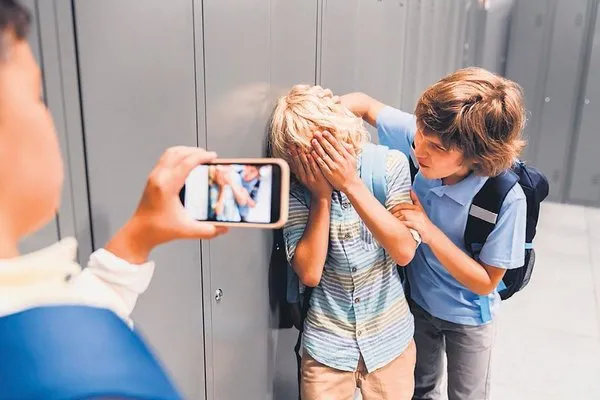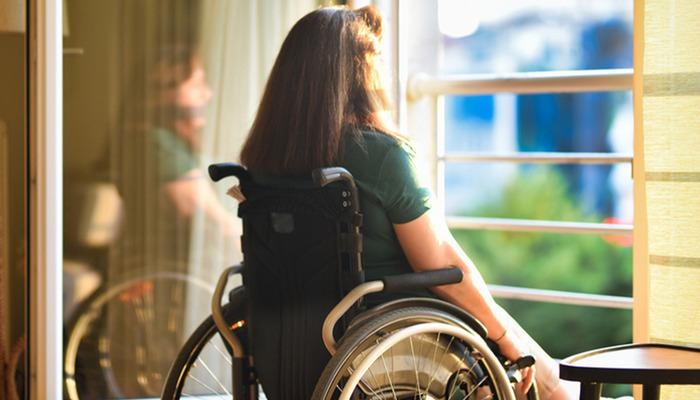What if your child is bullied?

Peer bullying is the systematic harming of another child by a child or young person in various ways. Psychologist Tuana Nur Yazıcılar issued important warnings about peer bullying.
"IT'S COMMON IN OUR COUNTRY TOO" Yazıcılar said , "This situation is also common in our country, especially in primary and secondary school. The underlying causes of bullying can be a lack of empathy, anger management issues, family communication problems, neglect, or overly oppressive parental attitudes. Sometimes, children resort to bullying to gain acceptance, gain power, or to hide their own difficulties."
IT DAMAGES SELF-CONFIDENCE Yazıcılar drew attention to the following: "Verbal bullying is one of the most common and hurtful types among children. Name-calling, mocking appearance, making derogatory remarks, or sending insulting messages on social media are examples of this. Even if it doesn't leave physical marks, it deeply damages self-confidence, causing the child to feel worthless and alone, especially in crowded environments."

PHYSICAL BULLYING IS A SERIOUS THREAT Yazıcılar, stating that physical bullying is the most easily noticed but often the most overlooked type among children, said, "Although tripping, pushing, punching, or taking things by force is often seen as 'play,' it becomes a serious threat when it becomes persistent. It usually occurs in the schoolyard, hallway, or on the bus without teacher supervision."

Social bullying is the hardest to detect. Yazıcılar stated that social bullying is one of the most painful and difficult types of bullying for children, saying, "Excluding children from games, being excluded from a group of friends, being subjected to gossip, or being ignored on social media are examples of this. Even if it's not a physical blow, it damages a child's sense of belonging, which is their most basic need, and often results in loneliness, loss of self-confidence, and introversion."
DON'T BLAME, UNDERSTAND THE REASON FOR THE BEHAVIOR Yazıcılar, who said that the first step for the family of a child who is bullying is not to deny the situation and to take it seriously, offered the following advice: "Instead of blaming and punishing the child, it would be more constructive to try to understand the reason for the behavior. It is important to have conversations that will develop empathy at home, share responsibilities together, and reinforce positive behaviors. Communicating with the school helps bring the process under control. If the bullying repeats or the child has serious problems with anger management, it is necessary to seek support from a professional."
COOPERATE WITH TEACHERS Yazıcılar stated that the important thing for families of children experiencing peer bullying is to listen to the child without judgment and not to minimize their experiences, and offered the following warnings: "The message 'it's not your fault' should be conveyed, cooperation should be established with the school, and the child's sense of security should be supported with social activities. For the child, it's crucial not to hide what happened. Telling the teacher or family is not a sign of weakness; it's a way to protect their rights. Instead of responding with violence, clear statements like 'I don't want you to do this' should be encouraged."
sabah





